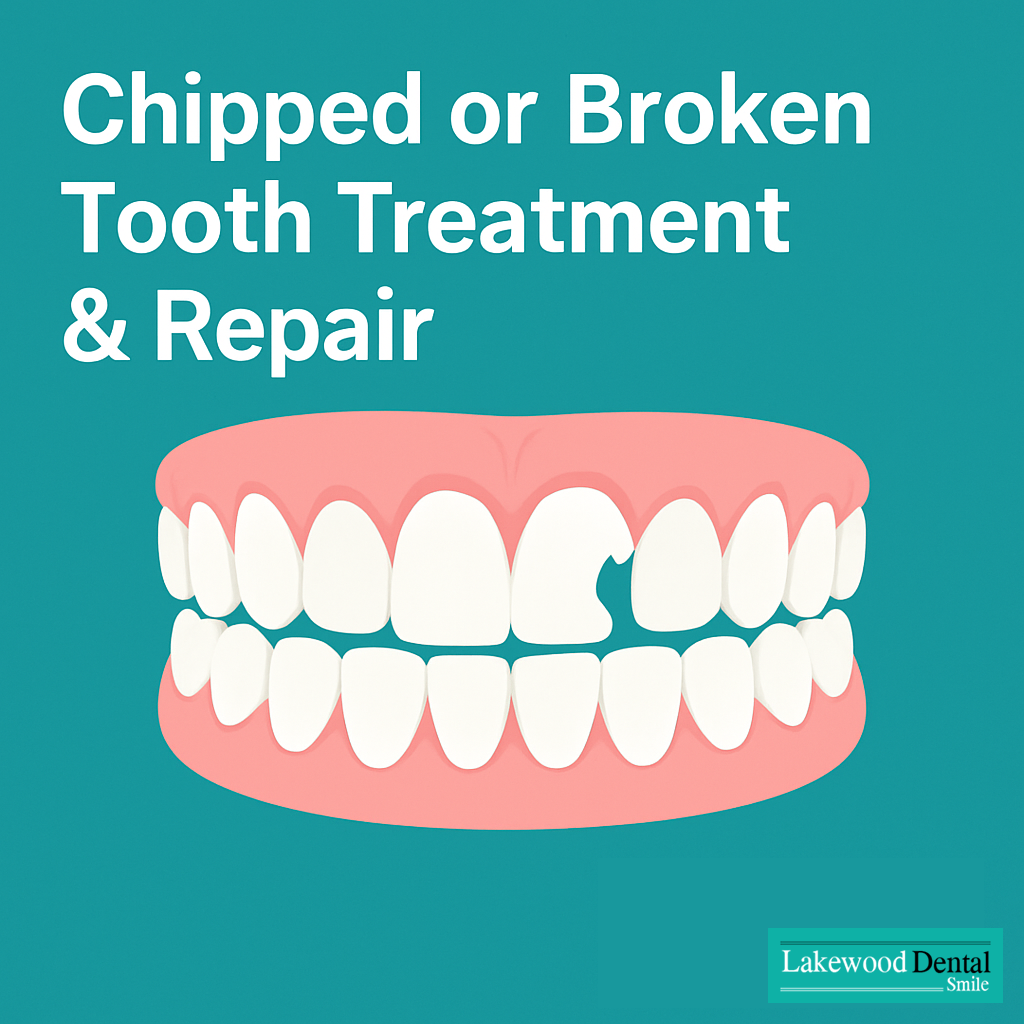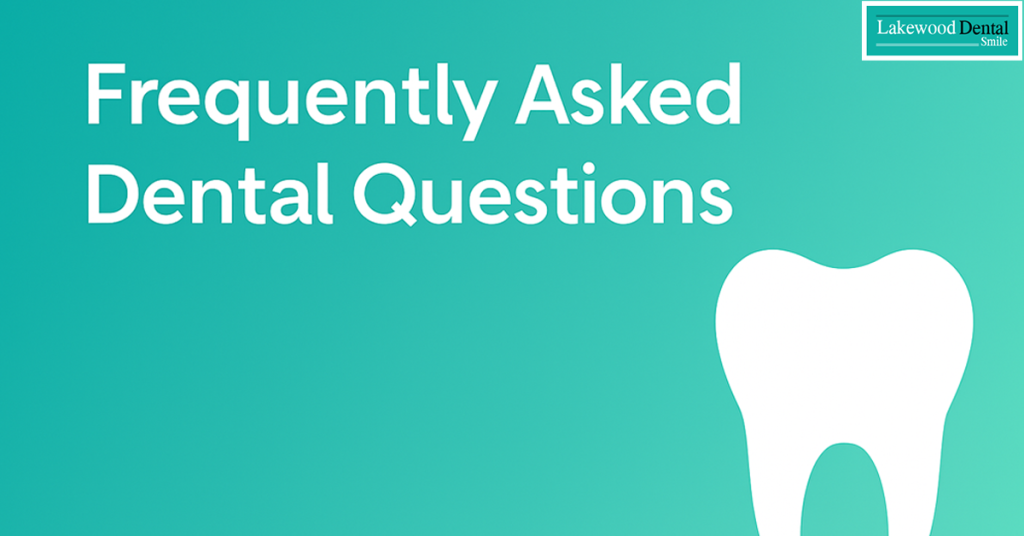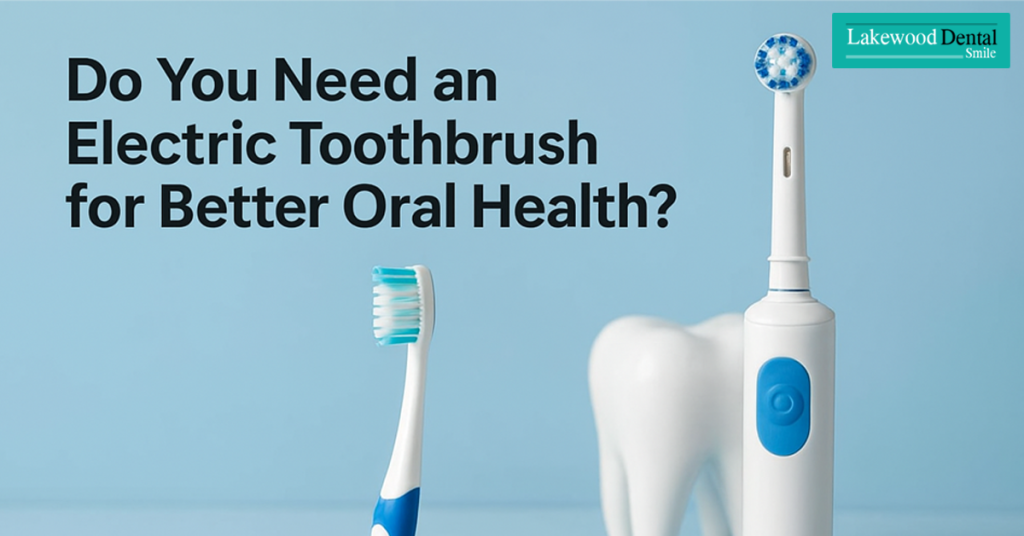Chipped or broken tooth treatment is important whenever a tooth is damaged, whether by biting something hard, an accident, or general wear and tear. At Lakewood Dental Smile in Dearborn, Michigan, we provide gentle, personalized care to restore your smile. Our treatments focus on protecting your teeth while keeping you comfortable and confident.
Even small chips or cracks can lead to bigger problems if left untreated. Some fractures cause little or no pain at first, but over time they can worsen, exposing the nerve and increasing the risk of infection. Early professional evaluation ensures that your teeth remain strong and healthy.

1. What Is a Chipped or Broken Tooth?
Chipped or broken tooth treatment becomes necessary when a tooth’s structure is damaged — whether from a small enamel chip or a deeper crack that reaches the nerve. Some breaks cause little discomfort, while others can result in sharp pain, especially when biting or chewing.
The severity of the break determines how urgent treatment is. Even if pain subsides, professional evaluation is essential because unnoticed fractures can lead to infection or nerve damage later.
2. Common Causes of Tooth Breaks
Teeth are strong, but not indestructible. Common reasons for chipped or broken teeth include:
- Biting down on something hard like ice or nuts
- Accidents, sports injuries, or facial trauma
- Untreated cavities that weaken enamel
- Old metal (amalgam) fillings that fail to support the tooth
- Grinding or clenching (bruxism) over time
Regardless of the cause, early detection and treatment prevent further complications.
3. What You Can Do Immediately
If you’ve chipped or broken a tooth, here are practical steps you can take before reaching your dentist:
1. Rinse with warm water to clean the area.
2. Stop bleeding with a clean gauze or damp tea bag pressed gently on the spot.
3. Apply a cold compress to your cheek or lips to reduce swelling.
4. Avoid chewing on the affected side.
5. Take over-the-counter pain relief if discomfort persists.
Avoid home remedies that involve gluing or filing your tooth — these can cause infection or worsen the damage.
4. Professional Chipped or Broken Tooth Treatment Options
Your dentist will first examine the affected tooth and may take X-rays to assess internal damage. Treatment depends on how severe the break is:
Small Cracks (Craze Lines)
These are surface-level enamel fractures that don’t require major intervention. A quick polish can remove sharp edges and improve appearance.
Minor Chips
For small chips, your dentist might apply tooth-colored bonding or a simple polish to smooth the area and restore the natural look.
Cracked Tooth
A crack extending toward the root may need a dental filling or crown. If the crack reaches the pulp, root canal therapy can save the tooth from extraction.
Serious Breaks
When a tooth fracture exposes the nerve, immediate treatment is required. Your dentist will perform a root canal to remove damaged tissue and place a dental crown to strengthen and protect the tooth.
Severe Structural Damage
In rare cases, if the tooth cannot be saved, a dental implant may be recommended. This modern replacement looks and functions like a natural tooth and helps maintain jawbone health.
5. Why Timely Treatment Matters
Delaying chipped or broken tooth treatment can lead to:
- Tooth infection or abscess
- Increased pain and sensitivity
- Permanent nerve damage
- Tooth loss
Addressing the issue quickly helps preserve your natural teeth and prevents costly restorative procedures later.
Visit Lakewood Dental Smile in Dearborn
At Lakewood Dental Smile in Dearborn, Michigan, our team provides personalized and pain-free care for chipped or broken teeth. From cosmetic bonding and crowns to root canal therapy and dental implants, we ensure your smile looks and feels natural again.
If you experience sudden pain or notice a fracture, don’t wait — early attention makes all the difference.
👉 Schedule an appointment today to restore your smile with confidence.




